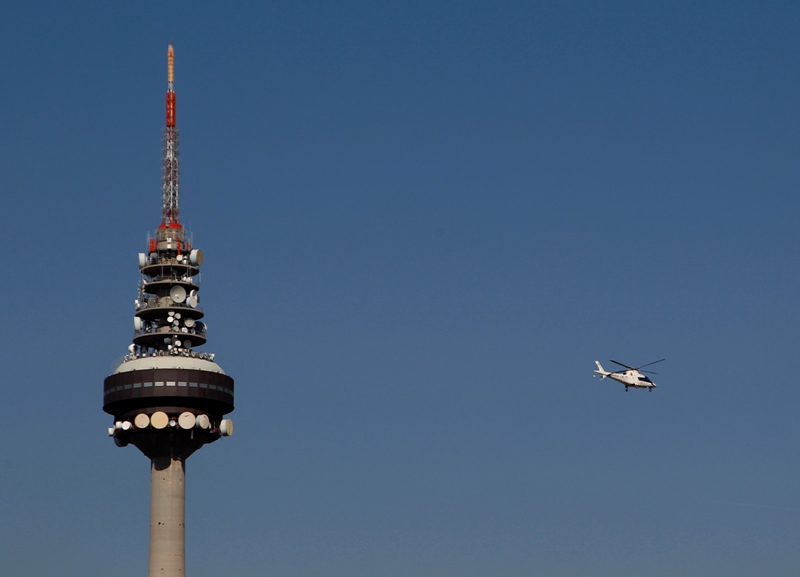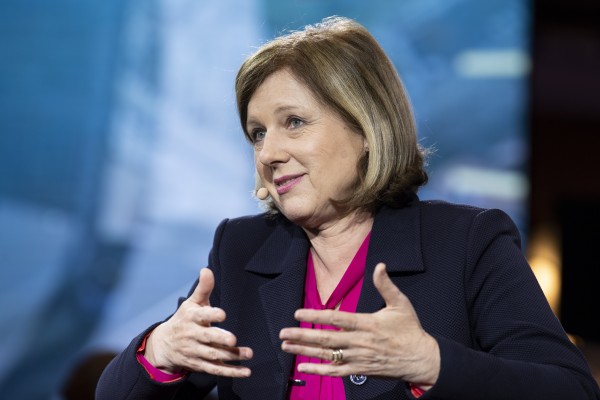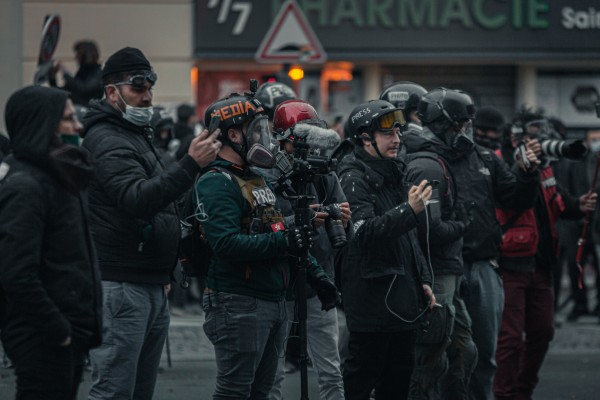Lea este artículo en español
In a move without parallel in the history of Spanish democracy, the News Council (Consejo de informativos) of Spain’s public broadcaster recently delivered a report to the European Parliament alleging that the broadcaster’s news services “are suffering from pro-government manipulation”.
Speaking recently to the International Press Institute (IPI), the News Council’s president, Alejandro Caballero, explained that he and his colleagues felt obligated to raise their concerns at the European level after having exhausted all internal possibilities to no avail.
“For three long years we have been sending this type of report, these kind of allegations of poor professional practices or ethical violations to the news director and the Administrative Council [Consejo de Administración], which are the internal bodies on which we depend,” he said. “But this has not brought any results; it hasn’t had any effect. The next step was to go to the RTVE Oversight Committee in the Spanish Parliament. They [committee members] were scandalised, just as those in Brussels now are.”
The report describes several examples of what the News Council – a body formed by RTVE journalists who are elected by their peers and tasked with safeguarding the broadcaster’s independence – defines as the manipulation of news broadcasts. Caballero suggested that the problem is not necessarily new, but has been exacerbated this year due to the various elections taking place in 2015 and the country’s complex political climate.
According to Caballero, RTVE’s independence “is always important, but even more so when we are in an election period with the kind of situation indicated by the polls and in which we are probably going to witness a level of political fragmentation that was never experienced during our transition [to democracy]”.
In this context, the report alleges the creation of a “parallel newsroom”, a phenomenon said to have first been observed within the regional public broadcasters of Valencia and the Community of Madrid. It is marked, Caballero said, by the “hiring [of] people who, in the best case, are in a weak contractual position that allows them to be easily controlled”.
He continued: “The newsrooms are filled with this type of people and, little by little, the lifelong professionals stop working on sensitive news topics. This work is passed to the new arrivals. We [in RTVE] have started to experience this, too.”
The Community of Madrid broadcaster, it should be noted, fired a large part of its staff after being unable to meet the costs of an overpopulated newsroom. In Valencia, the autonomous government decided to close the entire broadcaster, which is dependent on the community.
Even more troubling, the News Council’s members believe that recent hirings and changes are intended to place persons close to the ideology of the current government in key editorial and management positions.
“What is happening at the Spanish public broadcaster is that we have taken an enormous step backward and we have returned to being put at the service of the party in power,” Caballero said.
And that, he concludes, harms the public most of all.
“A well-informed public is fundamental for the health of a country’s democracy,” Caballero said. “If the public is not well informed, we are putting at risk the health of our democracy, and I believe this is the most serious aspect of what is happening. We would be perverting our system of political co-existence so clearly to the point that [serious issues] such as corruption and abuse do not reach the public with the kind of ethical significance that they should have.”
The News Council’s appeal to the European Parliament comes just weeks after IPI and five other organisations released a report on the state of freedom of the press in Spain that prominently highlighted the threat to RTVE’s independence in this exceptionally crowded and significant election year. The report followed an international mission to Spain in December 2014, led by IPI and joined by Access Info Europe, the Committee to Protect Journalists, the European Federation of Journalists, the Open Society Foundations and Reporters without Borders.
The report can be downloaded here.



